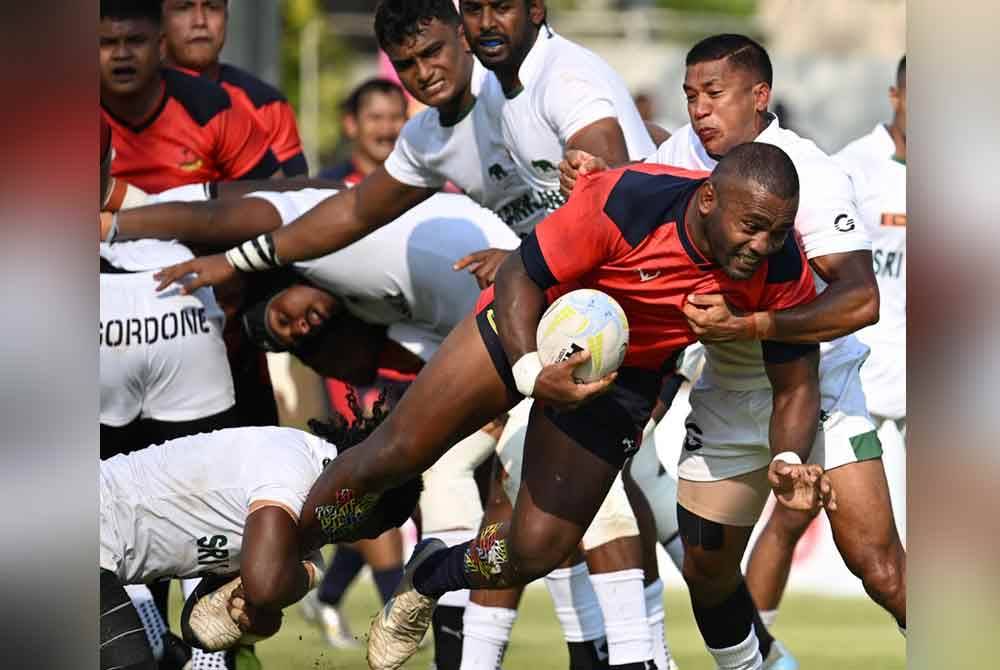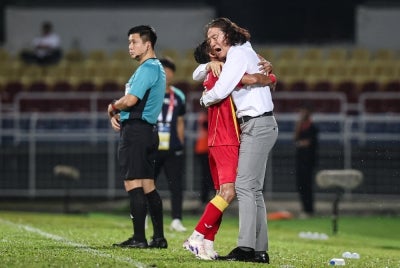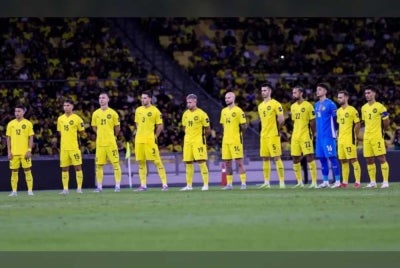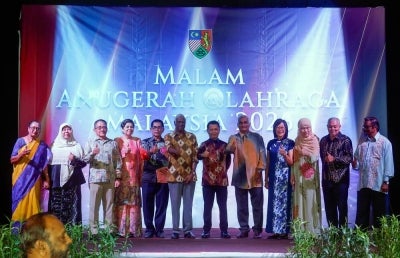Urgent reform needed to save Malaysia rugby from further decline - Analyst
Rugby analyst blames funding woes for Malaysia's ARC disaster

SHAH ALAM - Malaysia's national 15-a-side rugby team suffered a crushing 19-59 defeat to Sri Lanka in the Asian Rugby Championship (ARC) playoff, raising serious concerns over the direction and future of the sport in the country.
Sports analyst Mohd Sadek Mustaffa described the result not merely as an ordinary defeat, but as a manifestation of long-standing weaknesses that have plagued the development of the sport at the national level.
The Hibiscus 15s squad, led by Mohd Saizul Hafifi Md Noor, lost to Sri Lanka in a match held in Colombo, resulting in Malaysia's relegation from the Premier Division to Division One for the next ARC season.
“In reality, we lost even before stepping onto the field. In terms of preparation, we only played against local clubs as warm-up matches, whereas Sri Lanka was actively involved in international games. The gap is just too wide,” he said.
Sadek clarified that the blame should not rest solely on the players or coaches, but on the long-standing funding issues that have stunted the growth of the national rugby programme.
“We have to be honest, the funds we have are not enough to professionally prepare a team. This isn’t a new issue – it’s been a burden on national rugby development for a long time,” he noted.
According to Sadek, facing Sri Lanka – a team with a strong ranking in Asia and a more structured development system – was certainly a major challenge. He believed that even a Malaysian victory would have been an extraordinary achievement.
Following the team's performance at Racecourse Stadium, Sadek also pointed out weaknesses in their gameplay, highlighting the lack of consistency in fundamental elements like scrums and line-outs, as well as an over-reliance on physical strength with little tactical variation.
“We rely too heavily on physical strength. But in terms of tactical planning and attack variation, we are still lacking. Our game structure is not progressing,” he said.
The fitness levels of naturalised players also came under scrutiny, despite their technical prowess.
“When naturalised players lack fitness, the burden falls on the local players. This ultimately affects the overall performance of the team,” he added.
As a long-term solution, Sadek proposed that the Malaysia Rugby Union (KRM) work with sponsors to support the development of young players, including university students, in a more comprehensive manner.
“We need a system that supports outstanding rugby players, whether locally or abroad. They should be given conditional sponsorships – for example, requiring them to stay active in rugby throughout their studies,” he said.
He stated that many young players today stop playing rugby once they pursue higher education, as there is no clear pathway to continue their careers in the sport after graduation.
With Malaysia now out of the Premier Division, the risk of falling further into Division Two looms large unless urgent reform is initiated.
“Other countries like the UAE, Hong Kong and the Philippines have already moved ahead. We, on the other hand, are still searching for direction. If no immediate action is taken, we will continue to fall behind,” he said.
Sadek said the defeat should be seen as a wake-up call and a turning point.
“This is not the time to point fingers. Instead, we need to sit down together and create a new formula for the sustainability of national rugby. Reform must begin now,” he said.
Download Sinar Daily application.Click Here!















